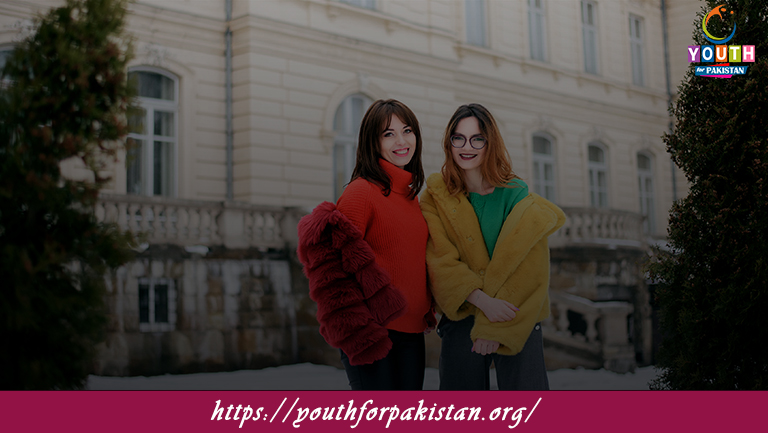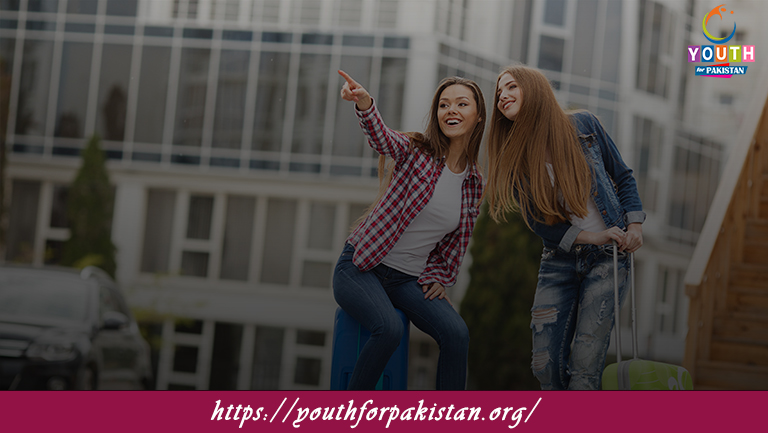The cost of living in Norway for Pakistani students averages around 13,790 NOK per month, covering housing, food, and transportation. Norway, known for its stunning fjords and high quality of life, is a popular destination for international students, including those from Pakistan. However, the cost of living in Norway, particularly in cities like Oslo, Bergen, and Trondheim, can be significantly high compared to many other countries, including Pakistan.
Cost of Living in Norway for Pakistani Students
This detailed analysis aims to provide Pakistani students with a thorough understanding of living expenses, financial planning strategies, and practical tips to manage their budgets effectively during their studies.
Economic Context and Currency Insights
Norway’s economy is robust, driven by sectors such as oil and gas, fishing, and tourism, contributing to its high cost of living. The currency, the Norwegian Krone (NOK), is stable, with current exchange rates as of February 2025 being approximately 1 USD = 10.5 NOK and 1 PKR ≈ 0.038 NOK, meaning 1 NOK ≈ 26.32 PKR. This conversion is crucial for Pakistani students to estimate their expenses in familiar terms, with a monthly budget of 13,790 NOK translating to roughly 362,925 PKR, highlighting the financial adjustment needed.
General Cost of Living Overview
The general cost of living in Norway is notably high, with estimates for students averaging around 13,790 NOK per month, as stipulated by the Norwegian Directorate of Immigration (UDI) for the 2024/25 academic year. This figure includes essential expenses like housing, food, transportation, and utilities, but excludes tuition for public universities, which is free for EU/EEA and Swiss students, though Pakistani students may face fees. For comparison, living expenses in Oslo, the capital, can reach 10,706 NOK per month for a single person without rent, according to Numbeo data, underscoring the city’s higher costs.
Detailed Expense Breakdown by Category
Housing Costs for Students
Housing constitutes a significant portion of the cost of living, with students often opting for shared accommodations or student housing to save money. Specific costs include:
- Student Housing: Typically ranges from 4,500 to 6,500 NOK per month for a single room with shared bath and kitchen, as seen in Trondheim per NTNU guidelines. In Bergen, Sammen Student Housing offers rooms at 4,500–5,000 NOK monthly, a cost-effective option compared to private rentals.
- Private Rentals: A room in a shared apartment can cost 4,000–6,000 NOK, while private apartments in city centers, especially in Oslo, start at 9,000 NOK, with a one-room apartment in Oslo’s city center averaging 12,760 NOK monthly.
- City Variations: Oslo’s higher rents reflect its status as the most expensive city, while Bergen and Trondheim offer slightly lower costs, with large apartments in Trondheim at 17,500 NOK and small ones at 11,025 NOK, per Numbeo.
| City | Student Housing (NOK/month) | Private Room Shared (NOK/month) | Private Apartment City Center (NOK/month) |
|---|---|---|---|
| Oslo | 6,500 (est.) | 6,000 | 12,760 |
| Bergen | 4,500–5,000 | 4,000–6,000 | 9,000+ |
| Trondheim | 4,500–6,500 | 5,000 (est.) | 11,025+ (small) |
Food and Groceries
Food expenses are another critical area, with students spending around 3,600 NOK monthly on groceries, as estimated by NTNU for Trondheim. Shopping at discount stores like Rema 1000, KIWI, and Coop Extra can reduce costs, especially for Pakistani students looking for budget-friendly options. Eating out, however, adds to expenses, with a meal at an inexpensive restaurant costing 120–250 NOK and a mid-range meal for two at 800 NOK in Oslo, per Numbeo.
For Pakistani students, finding halal food is important, and international grocery stores offering Asian, African, and Middle-Eastern products can be cheaper alternatives, aligning with dietary preferences and potentially saving costs.
Transportation
Transportation costs are manageable with public transport passes, averaging 770–920 NOK monthly across cities like Oslo, Bergen, and Trondheim. For instance, Oslo’s monthly pass is 770 NOK, while Trondheim’s 30-day pass is 920 NOK, as per Life in Norway. Students often benefit from discounts, making public transport a cost-effective choice. Biking is also popular, especially in Trondheim, where 20% of commutes are by bike, offering a free alternative.
Healthcare
Norway’s universal healthcare system is a significant advantage, with basic services free or nearly free at the point of access for students with residence permits. A GP appointment costs around 180 NOK, with an annual exemption threshold of 2,000 NOK, ensuring minimal out-of-pocket expenses for most healthcare needs.
Education-related Expenses
Public universities in Norway are tuition-free for EU/EEA and Swiss students, but Pakistani students may need to pay fees, varying by institution and program. Additionally, a semester fee of 600–1,000 NOK is required for student welfare organizations, covering services like housing and health, as detailed on Study in Norway’s website.
Other Expenses
Utilities, such as electricity, water, and internet, add to the budget, with basic costs for an 85m² apartment ranging from 1,442 NOK in Oslo to 1,679 NOK in Bergen, per Numbeo. Personal expenses like clothing, entertainment, and travel vary, but students can save by buying second-hand items on platforms like Finn.no or at shops like Fretex, and using student discounts for activities.
Financial Planning Strategies for Pakistani Students
Given the high cost of living, Pakistani students need strategic financial planning. Converting expenses to PKR (1 NOK ≈ 26.32 PKR) helps visualize the burden, with a monthly budget of 13,790 NOK equating to 362,925 PKR. Scholarships and financial aid are crucial, with many universities and organizations offering support for international students, particularly from Pakistan. Part-time work, allowed up to 20 hours per week, can supplement income, with jobs often available in sectors where English is sufficient, though knowing some Norwegian can expand opportunities, especially outside Oslo and Bergen.
Tips for Saving Money
To manage expenses, consider:
- Opting for student housing or shared apartments to reduce rent costs.
- Cooking at home and shopping at discount grocery stores.
- Using public transport passes and student discounts for travel.
- Buying second-hand books and furniture online or at local shops.
- Participating in free activities like hiking, which are abundant in Norway’s natural landscapes.
In conclusion, while the cost of living in Norway is high, with careful budgeting and leveraging student discounts, Pakistani students can navigate these expenses effectively. Understanding city-specific costs, utilizing financial aid, and balancing part-time work with studies will ensure a fulfilling academic experience in Norway, known for its high quality of life and educational opportunities.




